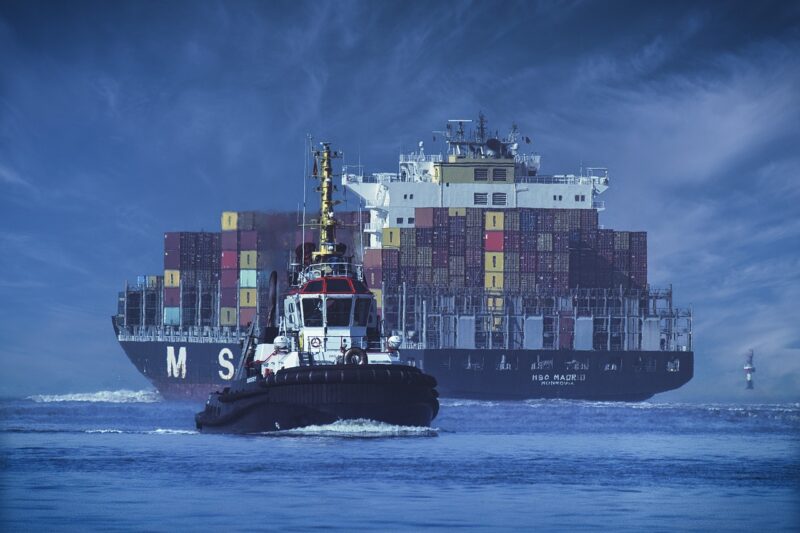-
The Philippines will publish this month a feasibility study on electronic cross-border trade data exchange
-
The study assesses the feasibility of implementing electronic exchange of trade-related data and documents between the Philippines and potential partners in the Asia-Pacific region
-
The study falls under the UN Framework Agreement on Facilitation of Cross-border Paperless Trade in Asia and the Pacific
The Philippines will publish this month a feasibility study on electronic cross-border trade data exchange, according to the Bureau of Customs (BOC).
The National Feasibility Study on Cross-border Electronic Exchange of Trade-related Data or Documents assesses the feasibility of implementing electronic exchange of trade-related data and documents between the Philippines and potential partners in the Asia-Pacific region.
BOC earlier said the study delves into a comprehensive analysis of the technological capabilities, legal frameworks, and operational requirements necessary for the implementation of electronic trade data exchange.
It aims to identify potential challenges and risks and develop effective strategies to mitigate them.
The study falls under the United Nations Framework Agreement on Facilitation of Cross-border Paperless Trade in Asia and the Pacific (CPTA) and complies with directives of both the Standing Committee and the Paperless Trade Council of the Framework Agreement on Facilitation of Cross-border Paperless Trade in Asia and the Pacific.
The activity is supported by the United Nations Economic and Social Commission for Asia and the Pacific (ESCAP).
The Philippines in December 2019 acceded to the CPTA, which aims to promote cross-border paperless trade by enabling the exchange and mutual recognition of trade-related data and documents in electronic form and facilitating interoperability among national and sub-regional single windows and/or other paperless trade systems.
BOC noted the Philippines is one of the first five countries that acceded to the CPTA and has actively participated in activities related to its implementation.
The customs bureau recently joined the first Paperless Trade Week hosted by the UNESCAP in Bangkok, Thailand.
The event concluded with the Third Sessions of both the Standing Committee and Paperless Trade Council, participated in by assessment and operations Customs officials of the country’s two major ports of entry—the Port of Manila and the Manila International Container Port.
According to the report entitled “Readiness Assessment for Cross-Border Paperless Trade: The Philippines” co-published by BOC and ESCAP in 2022, the Philippines demonstrated “strong political will” and “made significant progress” in implementing trade facilitation and paperless trade but more remains to be done to enhance trade efficiency.
While the Philippines’ trade facilitation implementation level is now significantly above the Asia-Pacific regional average, implementation of paperless trade and cross-border paperless trade measures in the Philippines remains uneven among agencies and stakeholders.
The report pointed out that while the Philippines’ regional and sub-regional average rates are higher, cross-border paperless trade measures have low implementation rates. The country is also still working on achieving full implementation status for cross-border trade measures.









